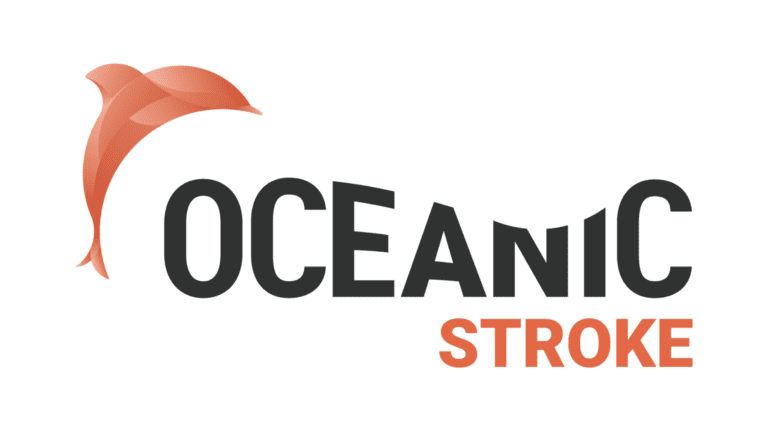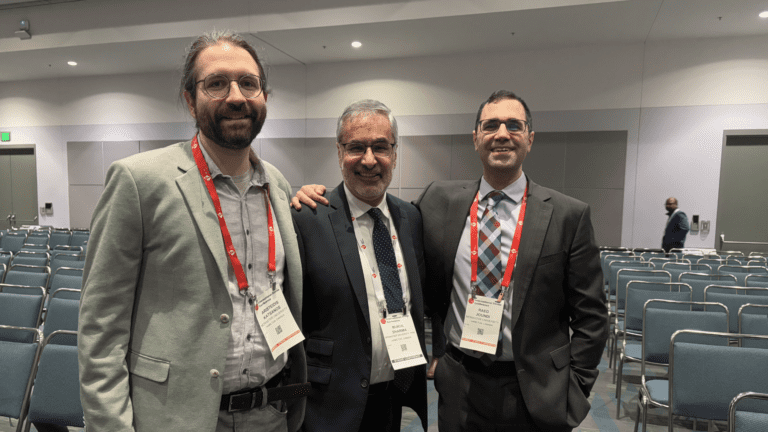SUBMISSIONS AS NOW CLOSED (AS OF NOV. 26, 2021).
We didn’t get where we are today without forging new collaborations and reaching across disciplines in health research – beyond cardiology to collaborate with physicians in other domains, nurses, dieticians, epidemiologists, computer scientists working on AI, geneticists, and more.
To further develop transdisciplinary research, PHRI is partnering with Hamilton Health Sciences (HHS) in a new support program called Transforming Tomorrow Today.
Researchers (excluding full members of PHRI) who are faculty at McMaster University and/or have privileges at HHS or St. Joseph’s Healthcare Hamilton, doing research of clinical or population relevance, including translational themes, in any discipline may compete for grants and other support.
Three researchers will each be awarded a grant valued at $200,000 annually for three years, with a 50% contribution from PHRI matched by a similar contribution from HHS or any other sources. Each grantee will work collaboratively with a current PHRI Senior Scientist or Scientist.
Friday, November 26, 2021 is the deadline to submit one’s Letter of Intent – details at Call for Proposals – Transforming Tomorrow Today [PDF]. Email: TTT@phri.ca
Successful applicants will be notified by December 23, 2021.
PHRI legacy of broadening research foci
The following are just some of the examples of how PHRI research has, over the decades, changed patient care, as well concepts of health and disease.
Changing Patient Care
- Perioperative care of non-cardiac surgery patients
- Perioperative care of cardiac surgery patients
- Managing people with hip fracture
- Impact of bariatric surgery on health outcomes
- Diabetes prevention and remission
- Preventing heart attacks and strokes in those with and without established CVD
- Preventing serious outcomes in diabetes
- Preventing serious outcomes in kidney disease
- Treating neglected diseases
- Optimal management of arrhythmias
- Preventing cognitive decline and dementia
- Modifying health systems approach
- Preventing serious health outcomes in cancer

MyLinh Duong
Changing Concepts of Health and Disease
- Identifying novel causes of heart disease, diabetes, asthma, cognitive decline, stroke, lung disease and gestational diabetes
- Characterizing the relationship between frailty and health
- Characterizing the link between capillary health and serious health outcomes
- Identifying the mechanism of action of common drugs (e.g. metformin, ACE-1)
- Identifying novel mechanisms of disease causation and progression, and new targets for therapy to reduce heart disease, diabetes and kidney disease
- Understanding the impact of nutrition, activity and the built environment on poor health outcomes
- Identifying risk factors and causes of inflammatory bowel disease
- Identifying societal and environmental (e.g. air pollution, climate change) effects on health. (Shown here: Associate Investigator MyLinh Duong, respiratory lead on PURE, FAMILY, and G-CHF)
- Optimizing the health of neglected populations
- Understanding the variations in health between ethnic groups both within Canada and in different countries
- Exploring the causes and prevention of aging, frailty and dementia
- Affordability, efficacy and use of preventive therapies worldwide
- Indigenous people’s health
Associates at PHRI
A strong indication of our transdisciplinary research focus shows in our Associates, researchers working on a wide range of topics – from gastroenterology to infectious diseases, maternal-fetal medicine to healthcare delivery of vulnerable populations, and more.



